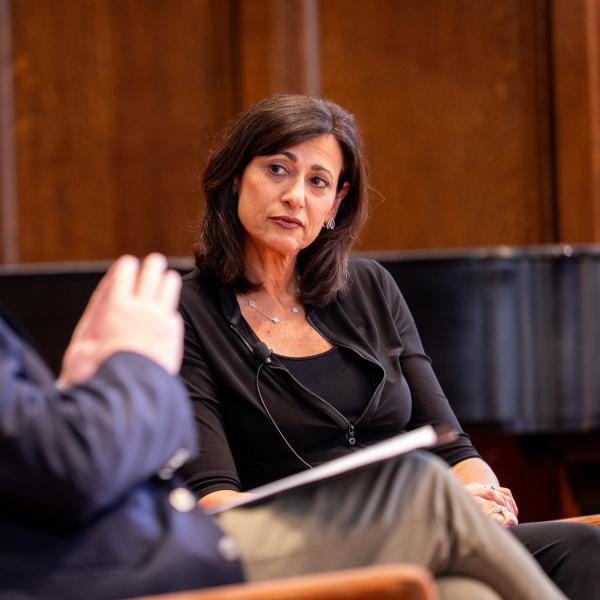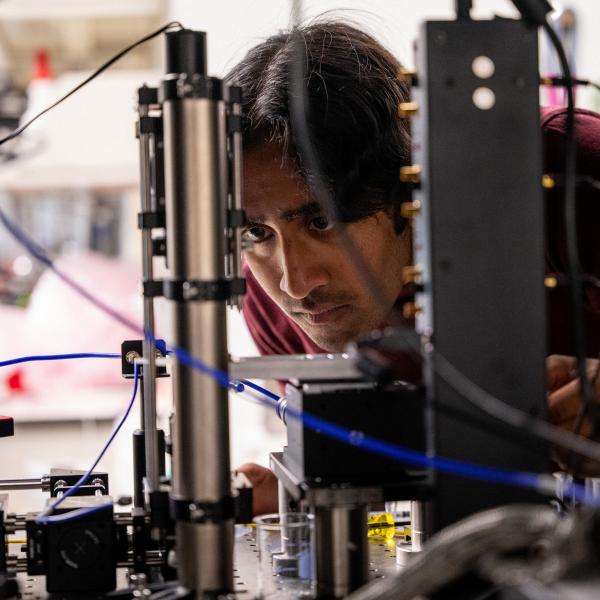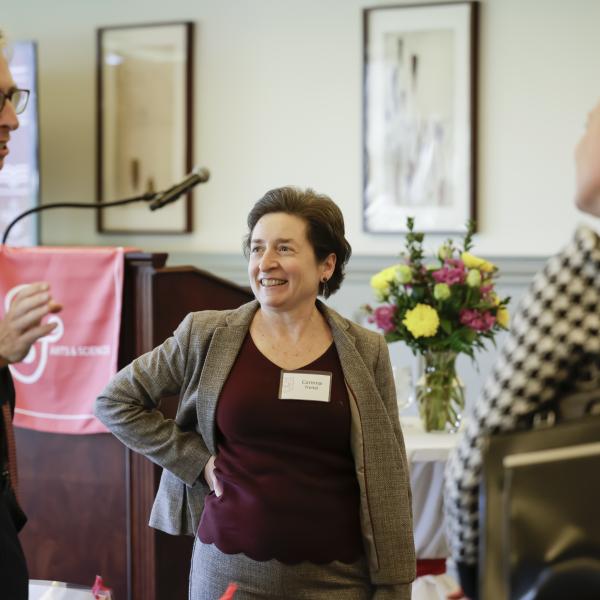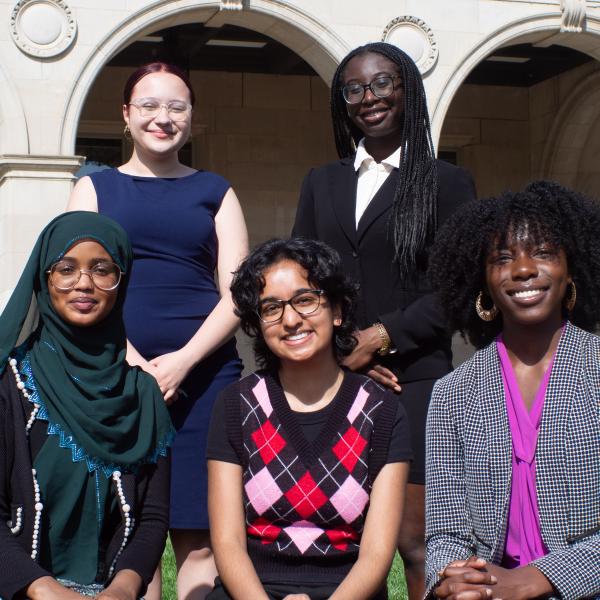Every day around the world, humans laugh with joy and cry in sorrow. These basic expressions of human emotion don’t rely on a shared language, race, or culture – they are universally human. Charles Darwin studied this phenomenon back in the 19th century, and his research led him to believe that all humans, regardless of race, must share a common ancestry.
In the Thomas S. Hall Lecture on Nov. 7, Gregory Radick, a historian and philosopher of science at the University of Leeds, will delve into Darwin’s work on human emotion and explore the connections between Darwin’s devotion to science and his lifelong hatred of slavery. The lecture, “How and Why Darwin Got Emotional About Race,” is co-sponsored by the Assembly Series.
According to Garland Allen, professor emeritus of biology, Radick’s topic is a “perfect fit” for the annual Thomas S. Hall lecture. Thomas Hall, a longtime faculty member in the Department of Biology and dean of the College of Arts & Sciences, had a strong interest in the history of biology. His teaching and writing “stressed the interaction of science and its cultural context,” says Allen. In keeping with the mission of the Hall lecture, Radick’s topic “particularly emphasizes the interplay between scientific and social/political ideas,” Allen says.
“I think this lecture is exciting because it reveals another side of Darwin and his work about which most people are unfamiliar. Darwin's family (especially the Wedgewoods on his mother's side) were avowed abolitionists, and this view certainly spilled over to Darwin,” Allen says. “While some historians have claimed that Darwin wrote On the Origin of Species primarily to demonstrate the “brotherhood of man” (he clearly had other motivations from his work in natural history), it seems clear the social dimension played some important part.”
Gregory Radick has written extensively on Darwin and served as co-editor of the Cambridge Companion to Darwin. He has since researched a variety of subjects, but an early interest in Darwin has stayed with him throughout his career. "I first got to know Darwin's work on emotional expression while I was a PhD student researching the Darwinian debates on the origin of language," says Radick. "A little later on I had the chance to teach an undergraduate seminar on Darwin's book on emotional expression, and that opened up a lifetime's worth of interesting problems and perspectives."
Racik is also director of the Leeds Humanities Research Institute, editor-in-chief of Studies in History and Philosophy of Biological and Biomedical Sciences, and, from 2014-16, he served as president of the British Society for the History of Science. Through public lectures, as well as appearances on popular programs like “Genius by Stephen Hawking” on PBS/National Geographic Channel, Radick has revealed enthusiasm for sharing the history of science with wider audiences.
This commitment to educating the public makes Radick’s visit to campus especially welcome. “The aim of the Hall Lecture is always to draw in as wide a range of audiences as possible: biologists and other scientists, philosophers, anthropologists, and above all, the general public,” Allen says.
“We think it is singularly important for the public to learn about the history of science as a way of understanding science as a process rather than in the more conventional way of treating science as an accumulation of rigid facts,” he explains. “To this end we have been fortunate to have the collaboration of the Assembly Series Committee, under Barbara Rea, whose advertising net to the off-campus public is cast much wider than ours in the biology department.”
During Radick's visit to St. Louis, he will also have the opportunity to speak with faculty and students during a History and Philosophy of Biology and Medicine Seminar, organized by Washington University philosophy faculty Carl Craver and Anya Plutynski.
This will not be Radick's first visit to the Midwest - in fact his oral examinations (viva) were held here. "Even though I did my PhD at Cambridge, I actually had my viva in St Louis, in a downtown hotel where a big history of science meeting was taking place," Radick says. "I passed the viva, and St. Louis has had a permanent place in my affections ever since! But I've never been to the WashU campus before, so I'm really excited to get to know it a little, and especially to have opportunities for discussion and exchange with staff and students."
The Thomas S. Hall Lecture, cosponsored by the Assembly Series, will take place on Monday, Nov. 7, at 4pm in Rebstock Hall, Room 215.



